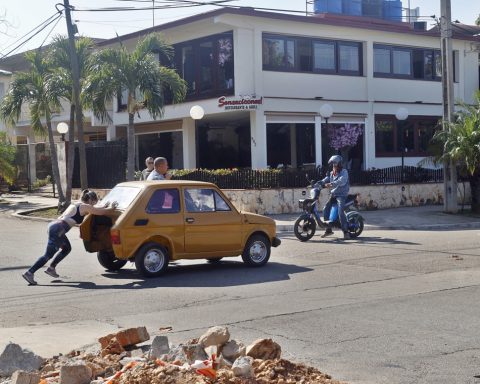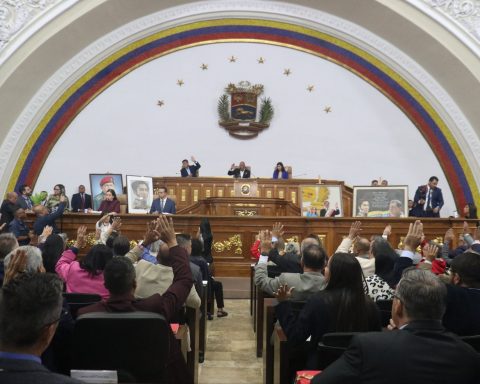Lima (EFE).- At least 15 people died this Monday in a mining district in the Peruvian region of Arequipa (south), including three minors, due to an avalanche caused by heavy rains, the mayor of the locality Mariano Nicolás Valcárcel, William Alvarado.
The mayor of the town, located in the southern mining region of Peru, explained that there are at least another 20 missing and, due to the risk of new landslides, the rest of the residents have been transferred to a safe place.
According to police data previously confirmed to EFE, the agents of the Peruvian National Police (PNP) found the lifeless bodies of nine people and are continuing the search for the missing.
The source explained to EFE that the police station of the Ocoña District, in the Arequipa province of Camaná, reported at 2:26 p.m. local time (19:26 GMT) that they have managed to recover nine bodies in the upper area of a sector known as Secocha, of which six are men and three are women.
Regarding material damage, the National Civil Defense Institute (Indeci) registered a total of 320 homes affected by the avalanche in the Municipality of Mariano Nicolás Valcárcel, most of them in the Sorococha sector (160), according to the report issued. This Monday at 4:00 p.m.
In addition, the different avalanches -huaicos as they are known in the country- have left several districts inaccessible in the Secocha area, making cleanup and rescue work difficult and traffic is interrupted and there is no alternative route.
The Joint Command of the Armed Forces reported this Monday that they have made available “all the necessary means” to collaborate in the rescue and evacuation of the victims of the town of Secocha, which will receive “water drums, tents, plastic bovines and 1,000 sandbags”, among other aid materials.
“The Southern Operational Command makes available all the necessary means, such as transport helicopters, material and personnel from the Rapid Disaster Intervention Company that will help in the rescue and evacuation of the victims,” they announced on social networks. EFE
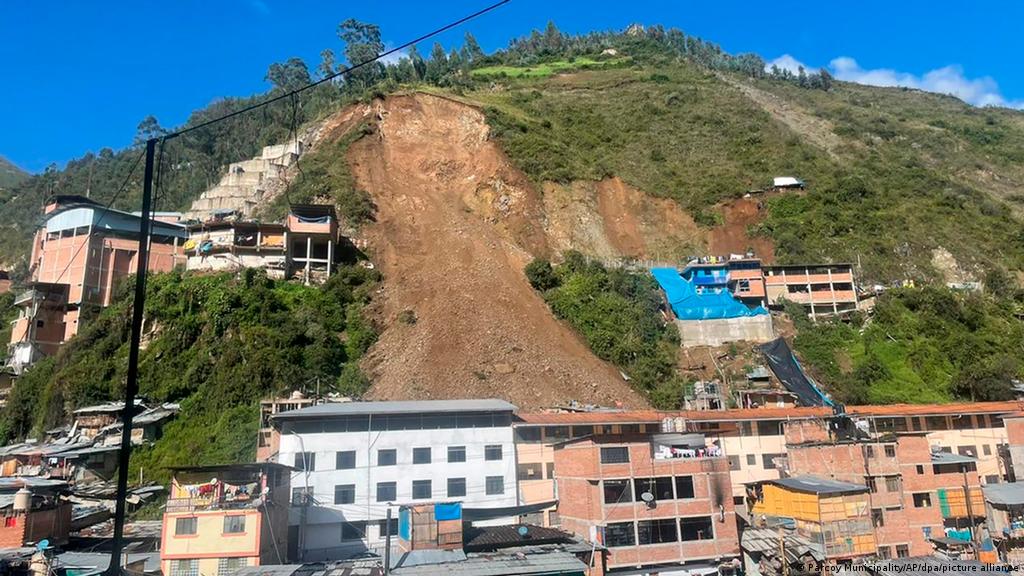



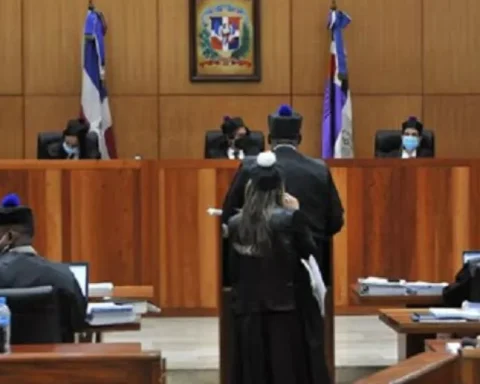







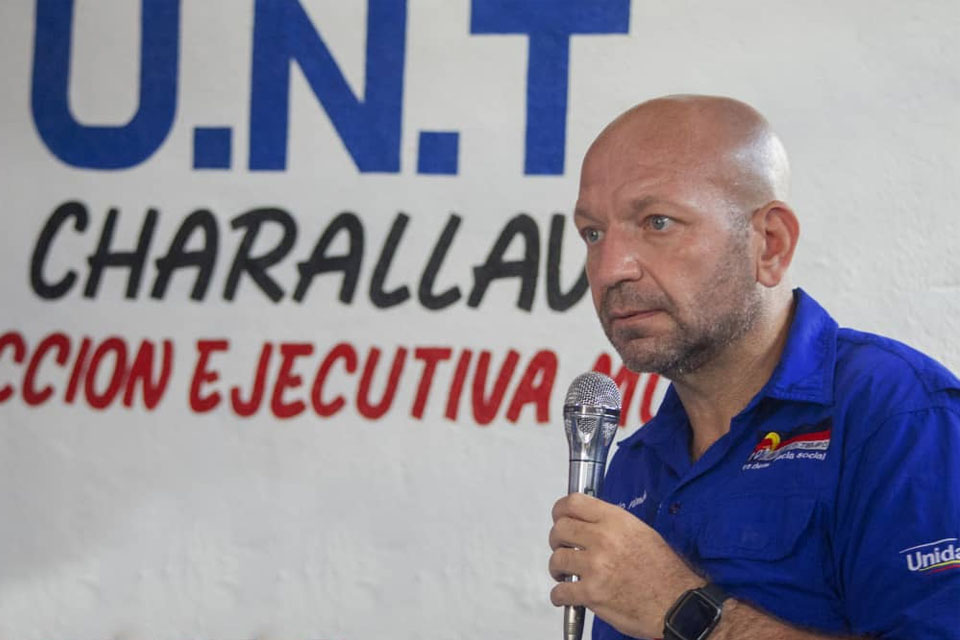
![María Agüero on the attack on the Twin Towers: "Al Qaeda did not do it, Bush did that" [VIDEO] Congressman Agüero on Dina Boluarte: "If she has committed an infraction, she will have to be sanctioned"](https://latin-american.news/wp-content/uploads/2022/05/Congressman-Aguero-on-Dina-Boluarte-If-she-has-committed-an.jpg)

